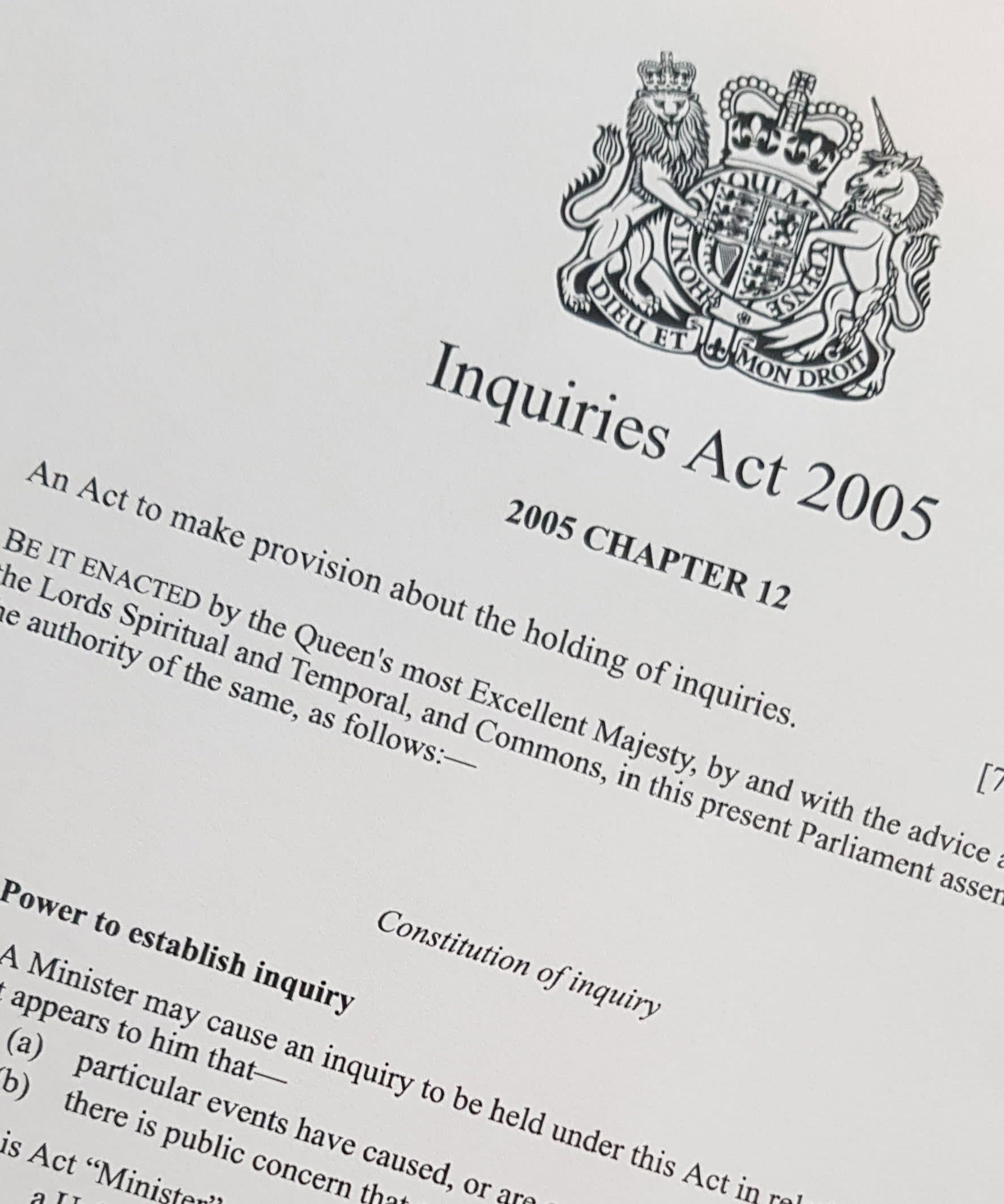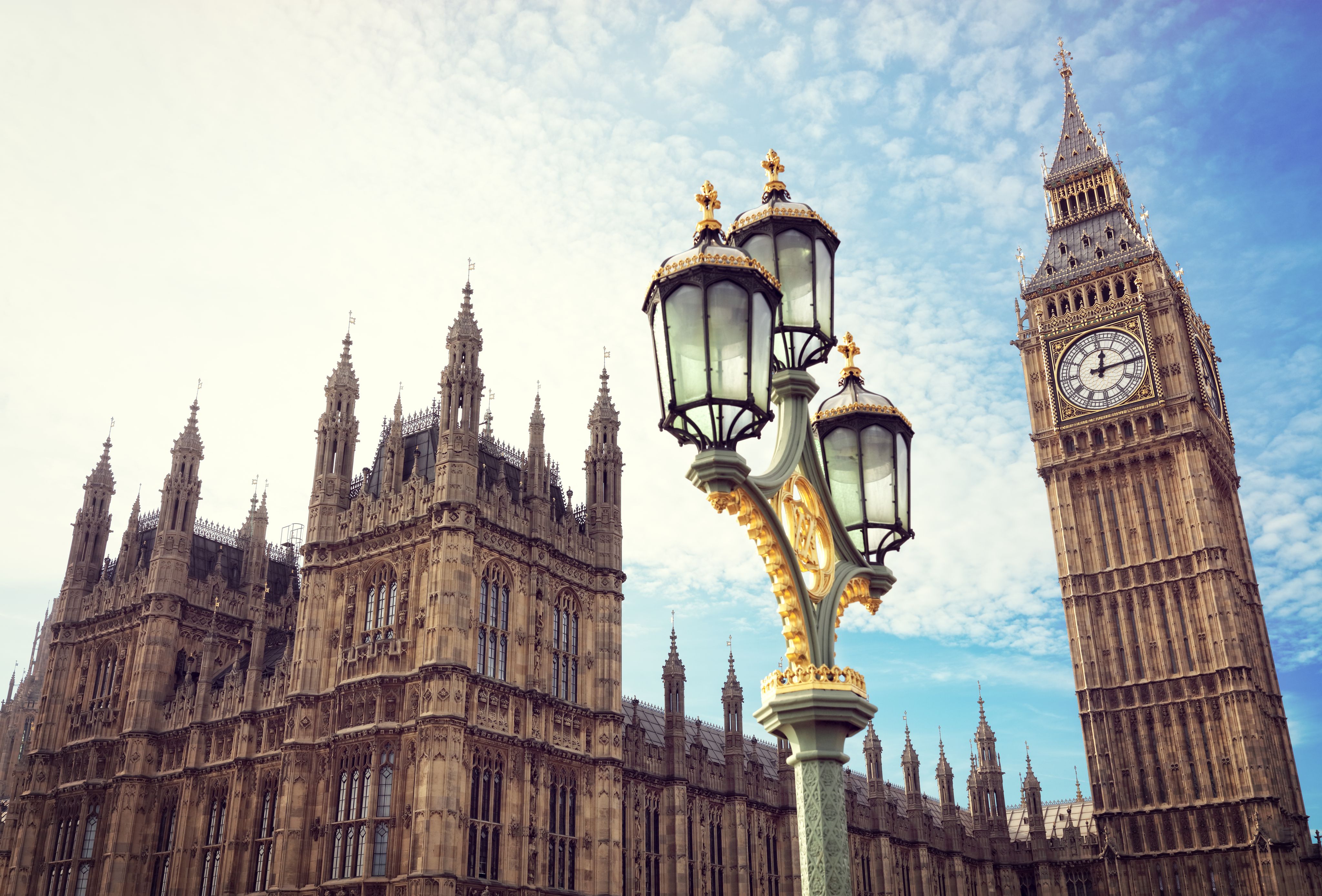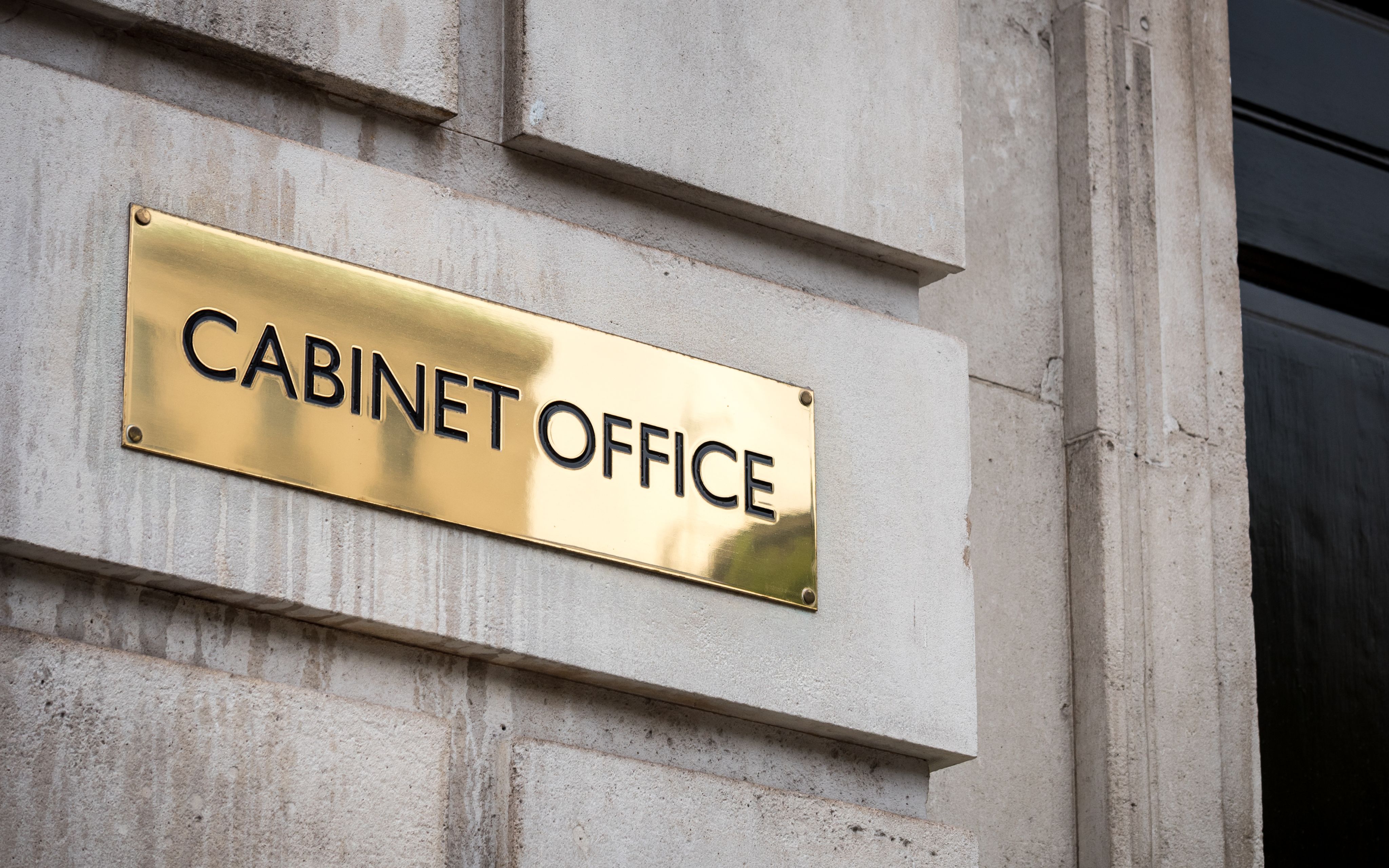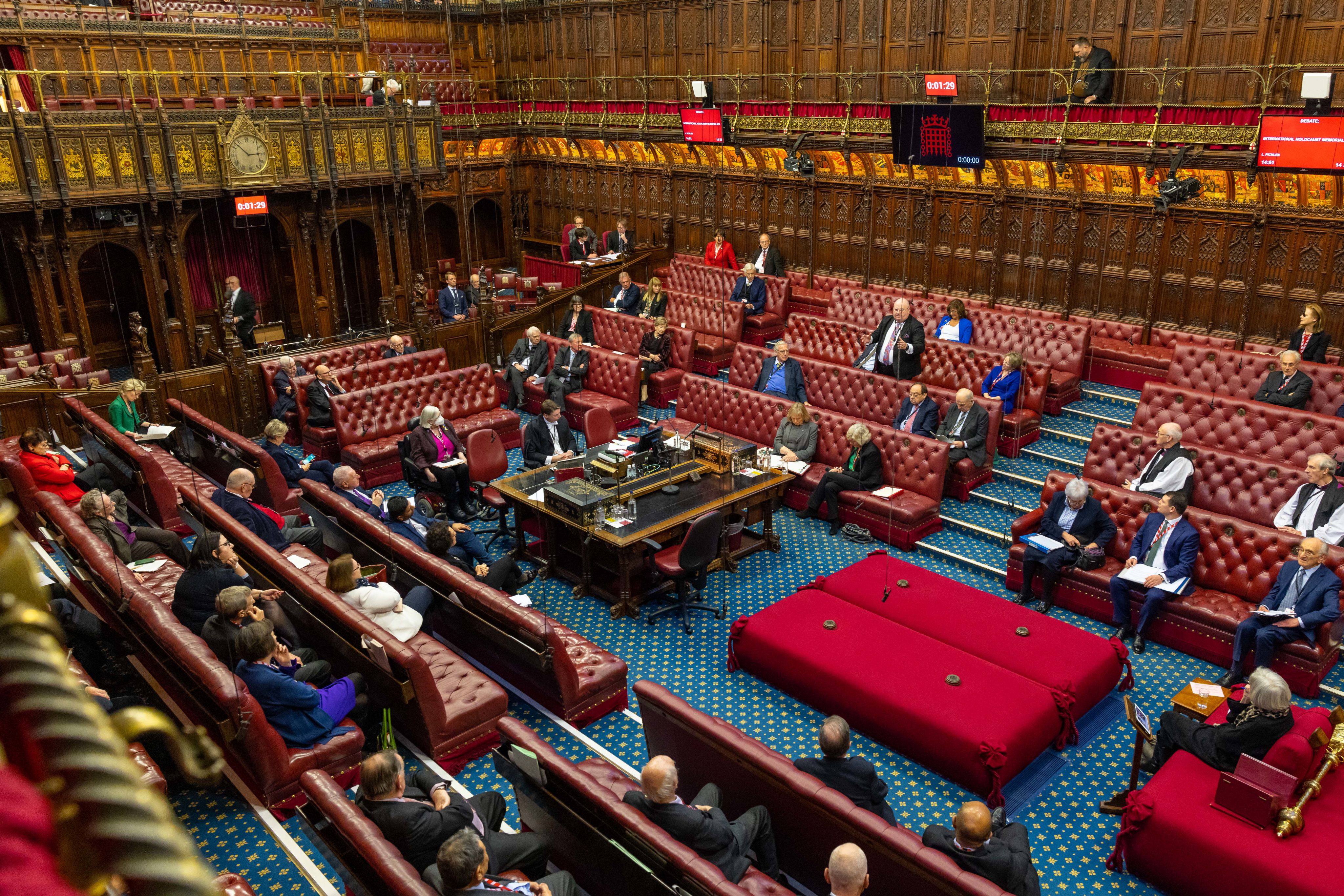Failing to follow up on public inquiry recommendations risks avoidable mistakes being repeated
How do we make public inquiries more efficient and effective?

Enhancing public trust in inquiries
Public inquiries are frequently in the news. This year we have seen reports from the Grenfell Fire and Infected Blood Inquiries, watched extracts of the hearings of the Post Office and the Covid-19 Inquiries and heard discussions about the remit of the Thirlwall Inquiry.
These are only five of the 18 public inquiries that have been taking place in the UK this year.
Public inquiries are major investigations – convened by a government minister – into an event of public concern. Inquiries set up under the Inquiries Act 2005 have the power to compel people to give evidence.
There are often calls from the press, public and politicians for new public inquiries into major disasters and scandals, but at the same time the public are concerned about the role of inquiries, the length of time they take and the amount they cost.
"I regard the inquiry process as being in three stages. The first stage is getting a statutory inquiry. That itself can be a very challenging exercise... The second stage is the conduct of an inquiry itself [which] is highly traumatic. The third stage is what happens afterwards. That, again, can be a highly frustrating exercise."
At their best, public inquiries conduct detailed investigations, establish facts, find where mistakes have been made and who is culpable for them, and detail what lessons must be learned and what changes should be made by the Government.
When run effectively, they can provide catharsis for those most closely affected by a tragedy. Most importantly, they give victims and survivors and members of the public confidence that a similar tragedy will never happen again.
Three key areas to address and our solutions

1. Implementing recommendations
“We see inquiry after inquiry make similar recommendations because the recommendations of former inquiries have not been implemented.”
Any failure to implement an inquiry’s recommendations – particularly those accepted by the Government – is inexcusable.
Yet, during our inquiry, we heard that recommendations had been missed from previous inquiries.
We heard that had the recommendations in the inquiry into deaths at the Bristol Royal Infirmary in 2001 been implemented, then the patient deaths investigated by the Mid-Staffordshire Hospitals Inquiry may have been less likely to occur.
And that if the changes recommended by the 2013 inquest into the Lakanal House fire had been made, then the Grenfell Tower fire might never have happened.
“At worst, … similar deaths and similar harms and injustice will carry on.
I mentioned earlier the psychological impact for people of seeing an inquiry set up because of something terrible happening and then seeing the fruits of that inquiry disappear into the ether or left on a shelf and it being left to individuals to keep this alive.”
We recommend that a new independent parliamentary body should conduct oversight of public inquiries, track and monitor the implementation of recommendations, hold the Government to account for effecting change, and scrutinise the need for new inquiries.

2. Minimising delays and reducing costs
Setting up and running inquiries more efficiently would speed their work and reduce costs.
The purpose of a new inquiry, contained in its terms of reference, should be well-defined and clearly worded. The chair should be chosen carefully to meet the needs of a specific inquiry and its subject-matter.
Where people have been directly affected as victims and survivors, their role should be carefully discussed and agreed early in the establishment of a new inquiry.
Chairs have huge flexibility in how they can run inquiries under the Inquiries Act 2005, and they should be supported in employing that flexibility in every way they can to make their own inquiry as efficient and effective as possible.
“You can see that the inquiries that work well have chairs who are very open-minded to adopting a different, inquisitorial, approach, and to being innovative, finding new ways of approaching things, looking at best practice.
There is certainly a mind-set. It also works particularly well when they are team players, because it is a team role. ”
The terms of reference of an inquiry lay down its foundations. As well as clearly describing the purpose of the inquiry and naming the chair, they should consider the involvement of victims and survivors, its timetable and budget.

3. Good practice in public inquiries
Getting advice and support in setting up and running an inquiry is essential. We heard examples of new inquiries wasting time and money in ‘reinventing the wheel’ as they establish a new inquiry and often failing to consider victims and survivors in those crucial early stages.
“We hold a quarterly meeting with inquiry secretaries and a quarterly meeting with inquiry sponsorship teams. Those networks are thriving and flourishing now and a lot of best practice is being shared among them.”
Sharing best practice between inquiries and learning from past inquiries is essential. A new inquiry chair and their team need to have easy access to a bank of information offering proven options in starting and running an inquiry, to ensure that each is properly tailored to be as effective and efficient as possible.
The Inquiries Unit in the Cabinet Office should more effectively engage expert opinion on inquiries and share this across Government departments and the Civil Service. The unit should be sufficiently resourced to establish a wider “community of practice” for public inquiries, which includes more non-governmental experts.
What happens next?

We have made our recommendations to the Government and it now has two months to respond to our report.
Read the full report on our website
Our committee is a special inquiry committee for 2024.
Find out more about our inquiry and our committee.
Follow the committee @HLStatInquiries
